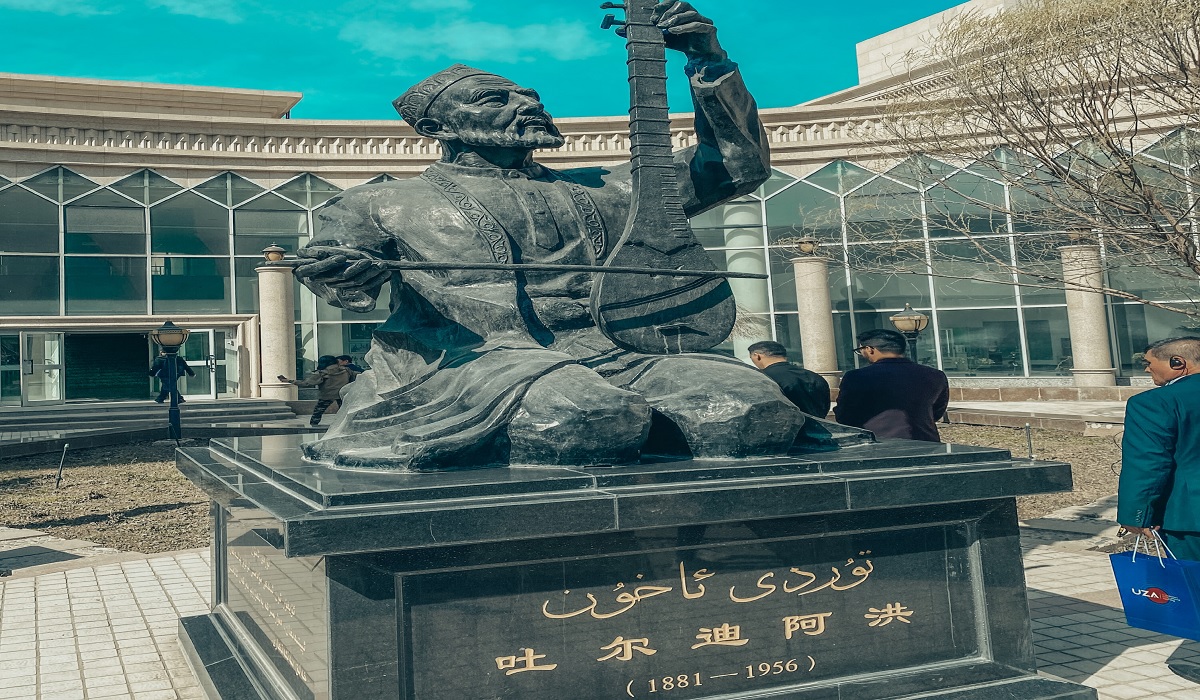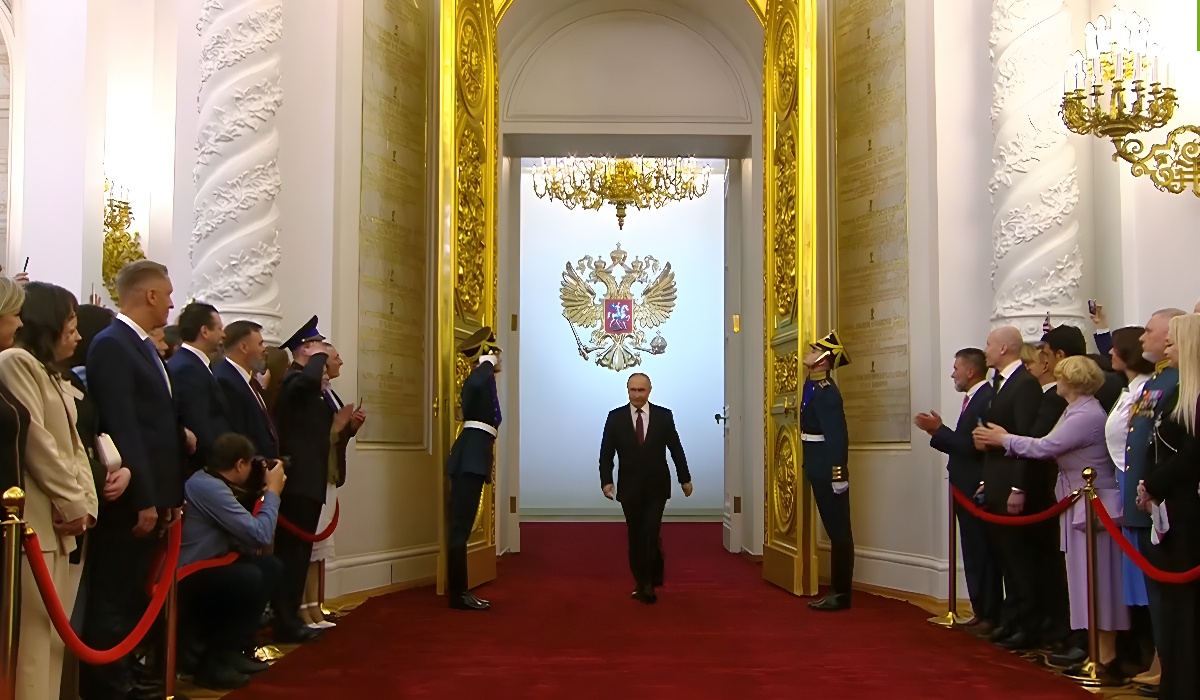Immigrant Voters at a Crossroads: Electing A Leader Who Chose Sides In An International Conflict
- Ingrid Jones
- Trending
- World News
- October 10, 2023

The challenge of maintaining public trust while navigating complex international conflicts during election season is evident in politics. Elected representatives often find themselves in a precarious situation when aligning with foreign ideologies and their implications for their diverse constituents.
This delicate dance necessitates a nuanced approach. When politicians choose one ethnic group over another in international discourse, they risk alienating a significant portion of their population—those who have obtained citizenship and voting rights after coming from abroad. The question arises: Can these leaders indeed be relied upon to advocate for the beliefs and interests of these citizens when their actions prioritize other groups affected by international conflicts?
The reactions of these citizens to such political choices can be multifaceted. They may feel disillusioned, as the elected officials they supported appear to favor one group over another in a foreign conflict. This may erode trust in elected officials who were expected to be non-partisan and committed to the welfare of all citizens, irrespective of their backgrounds.
Rebuilding trust can be challenging, as these citizens may question whether these representatives genuinely have the best interests of all their constituents at heart. The dilemma for voters during elections becomes more pronounced when they consider supporting an elected official who previously chose sides in a foreign war over their fellow citizens who came from abroad.
These citizens must exercise their rights as informed voters, scrutinizing their representatives’ actions and track records. It is crucial to pay close attention to their positions on international conflicts and their commitment to addressing domestic issues that affect everyone. Trust should be based on consistent and principled behavior rather than election-time rhetoric.
Politicians should recognize the importance of maintaining neutrality in international conflicts. They should understand that their decisions have consequences not only on a global scale but within their borders. By advocating for the welfare of all citizens, regardless of their origins, leaders can rebuild trust and demonstrate their commitment to representing the diverse interests of their constituents. Voters should carefully consider the actions and consistency of their elected officials during elections. Ultimately, they must prioritize the welfare of their citizens above political expediency, standing for all and denouncing divisiveness entirely.








